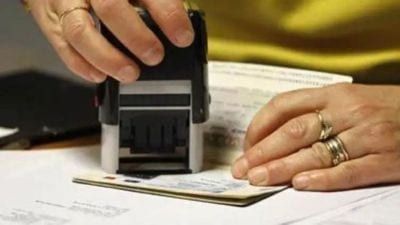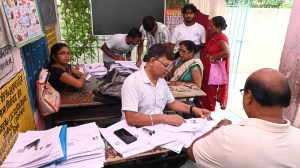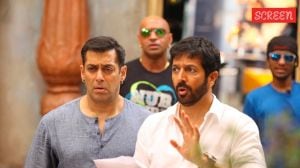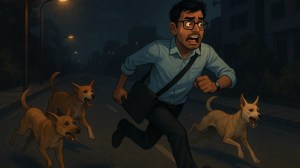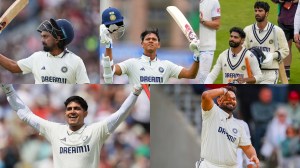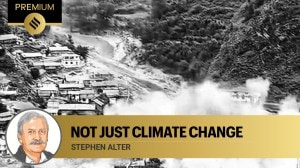Free libraries for all: Community Library Project’s appeal to government
At the Festival of Libraries on August 5 and 6 at Pragati Maidan, organised by the Ministry of Culture, The Community Library Project (TCLP), which is headed by Koshy, will make an appeal: free libraries for all.
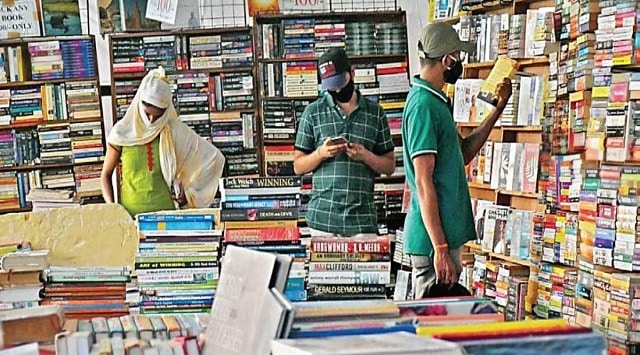 At the Festival of Libraries on August 5 and 6 at Pragati Maidan, organised by the Ministry of Culture, The Community Library Project (TCLP), which is headed by Koshy, will make an appeal: free libraries for all. (Representational Photo)
At the Festival of Libraries on August 5 and 6 at Pragati Maidan, organised by the Ministry of Culture, The Community Library Project (TCLP), which is headed by Koshy, will make an appeal: free libraries for all. (Representational Photo) “Imagine if the people who discovered fire decided not to share it? Or the people who invented the wheel decided to keep it for themselves?” says writer Mridula Koshy, invoking an apocalyptic vision of a world without free knowledge and information — or words — which allows communities to build upon each other’s experiences for a better future.
At the Festival of Libraries on August 5 and 6 at Pragati Maidan, organised by the Ministry of Culture, The Community Library Project (TCLP), which is headed by Koshy, will make an appeal: free libraries for all.
TCLP is a free-to-access library in Delhi with three branches in Khirki Extension, South-Ex Kotla Mubarakpur, and Sikanderpur. With more than 35,000 books and 9,000 members, it’s one of the 200 libraries in the Free Library Network collective that will table their demands for free libraries at the festival, on the back of policy developments that already exist.
“If you refer to the Rajya Sabha Standing Committee’s directive for the Ministry of Culture to promote free library access in 2022, there is real reason to hope that the people at the top will support this initiative,” says Koshy, adding that only government policy will enable equitable access to books, a demand too huge for a few organisations to meet. Koshy argues that books as a means of knowledge shouldn’t be gatekept and restricted to a few, who are often a privileged minority making decisions for a majority.
“People say that we don’t need libraries, nobody reads, nobody will come, and it’s all too expensive, and what we really need is things like nutrition and housing for people. But I say, why does it need to be an either/or situation? Libraries are hunger alleviators, they raise awareness of (life-saving services) like vaccines,” says Koshy.
“We’re at a critical moment that is more fraught than those in the past,” she says. “There is violence, refugee and climate crises all around the world, and the only way to ensure access to knowledge is through policy.”


